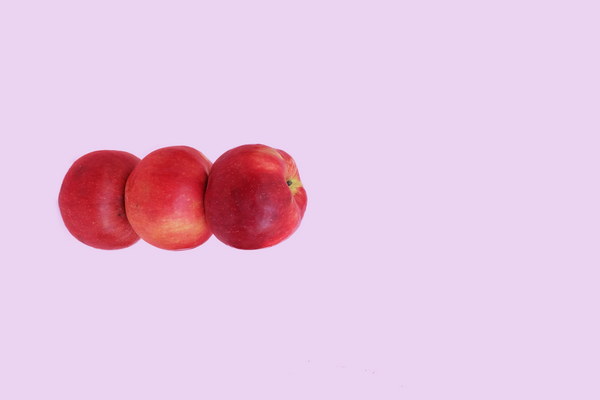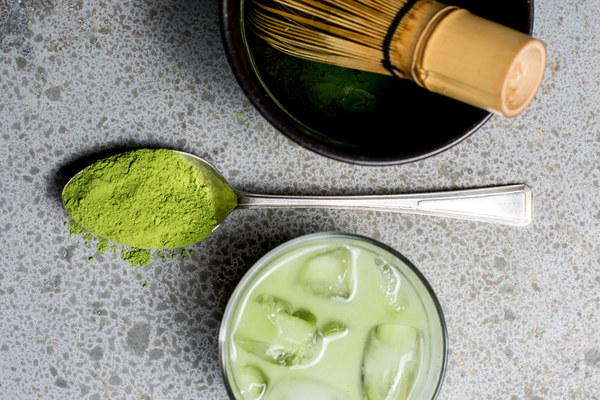Should You Focus on Liver Nourishment or Liver Support in Spring
Spring is a season of renewal and vitality, and it's no surprise that it's also the time when our bodies need to be in peak condition. With the arrival of spring, the liver, our body's detoxification center, plays a crucial role in maintaining our overall health. But is it better to nourish or support the liver during this season? Let's explore the differences between these two approaches and determine which one is more suitable for spring.
First, let's define the two concepts. Liver nourishment involves providing the liver with essential nutrients to enhance its functioning and repair any damage it may have incurred during the cold winter months. On the other hand, liver support aims to maintain the liver's optimal performance by promoting its natural detoxification processes and preventing any potential damage.
During spring, the liver is particularly prone to stress due to the change in season, which can lead to fatigue, irritability, and digestive issues. This is because the liver is responsible for regulating the body's energy and metabolism, and the transition from winter to spring disrupts this balance. As a result, it's essential to support the liver's health during this time.
Liver nourishment is beneficial because it provides the liver with the necessary nutrients to repair any damage caused by the cold weather and to enhance its overall function. Some of the key nutrients that support liver health include:
1. Antioxidants: Vitamins C, E, and selenium help protect the liver from oxidative stress and damage caused by free radicals.
2. B Vitamins: These vitamins are crucial for the liver's metabolism and energy production.
3. Fatty acids: Omega-3 and omega-6 fatty acids help reduce inflammation and support liver function.
4. Milk thistle: This herbal supplement contains silymarin, which is believed to protect the liver from toxins and enhance its regeneration.
Liver support, on the other hand, focuses on promoting the liver's natural detoxification processes and preventing any potential damage. This can be achieved by:
1. Maintaining a balanced diet: A diet rich in fruits, vegetables, whole grains, lean proteins, and healthy fats can support liver function and help eliminate toxins from the body.
2. Staying hydrated: Adequate water intake helps flush out toxins from the liver and supports its overall function.
3. Avoiding alcohol and toxins: Limiting alcohol consumption and avoiding exposure to harmful chemicals can prevent liver damage.

4. Regular exercise: Physical activity promotes blood circulation, which helps the liver to eliminate toxins more efficiently.
So, which approach is better for spring? The answer depends on your individual health status and the specific needs of your liver. If you have underlying liver conditions or have been exposed to toxins during the winter, liver nourishment may be more beneficial. On the other hand, if you're looking to maintain optimal liver health and prevent any potential damage, liver support may be the way to go.
In conclusion, both liver nourishment and liver support have their place in maintaining optimal liver health during spring. It's essential to assess your individual needs and consult with a healthcare professional to determine the best approach for you. By prioritizing your liver's health, you can ensure that you're ready to embrace the renewal and vitality that spring has to offer.









